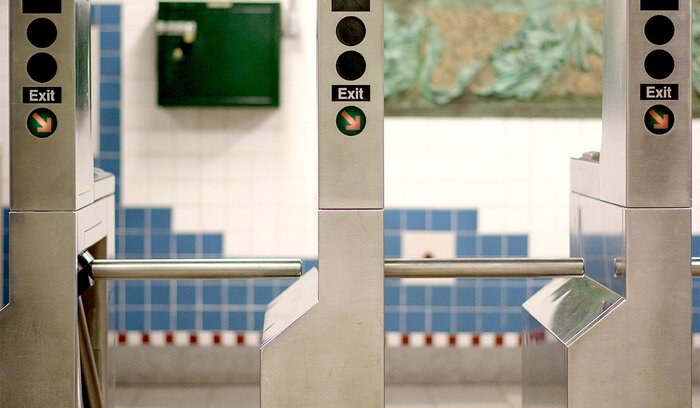
Eventuate
[ih-VEN-choo-eyt]
Part of speech: verb
Origin: Latin, 17th century
1.
Occur as a result.
2.
(Eventuate in) Lead to as a result.
Examples of Eventuate in a sentence
"The arrival of many new guests to the party eventuated in a second trip to the supermarket for more drinks and snacks."
"A quick review of study skills ahead of midterms can eventuate in better grades for students."
About Eventuate
“Eventuate,” in the sense of “bring about,” is formed from “event,” styled off the pattern of “actuate.” “Event” comes from the Latin “eventus,” from “evenire,” or “result, happen.”
Did you Know?
“Eventuate” is a verb indicating actions that become necessary or inevitable as a result of other things occurring. Generally speaking, no one plans to eventuate an action. Instead, they may plan other actions and recognize that those actions will eventuate further outcomes. For example, a school district that plans to admit more students knows that will eventuate in changes to both classroom sizes and cafeteria demands. As a result, aiming for one goal often requires planners to consider which other things will be eventuated as they achieve that goal, and planning for those outcomes as well.








